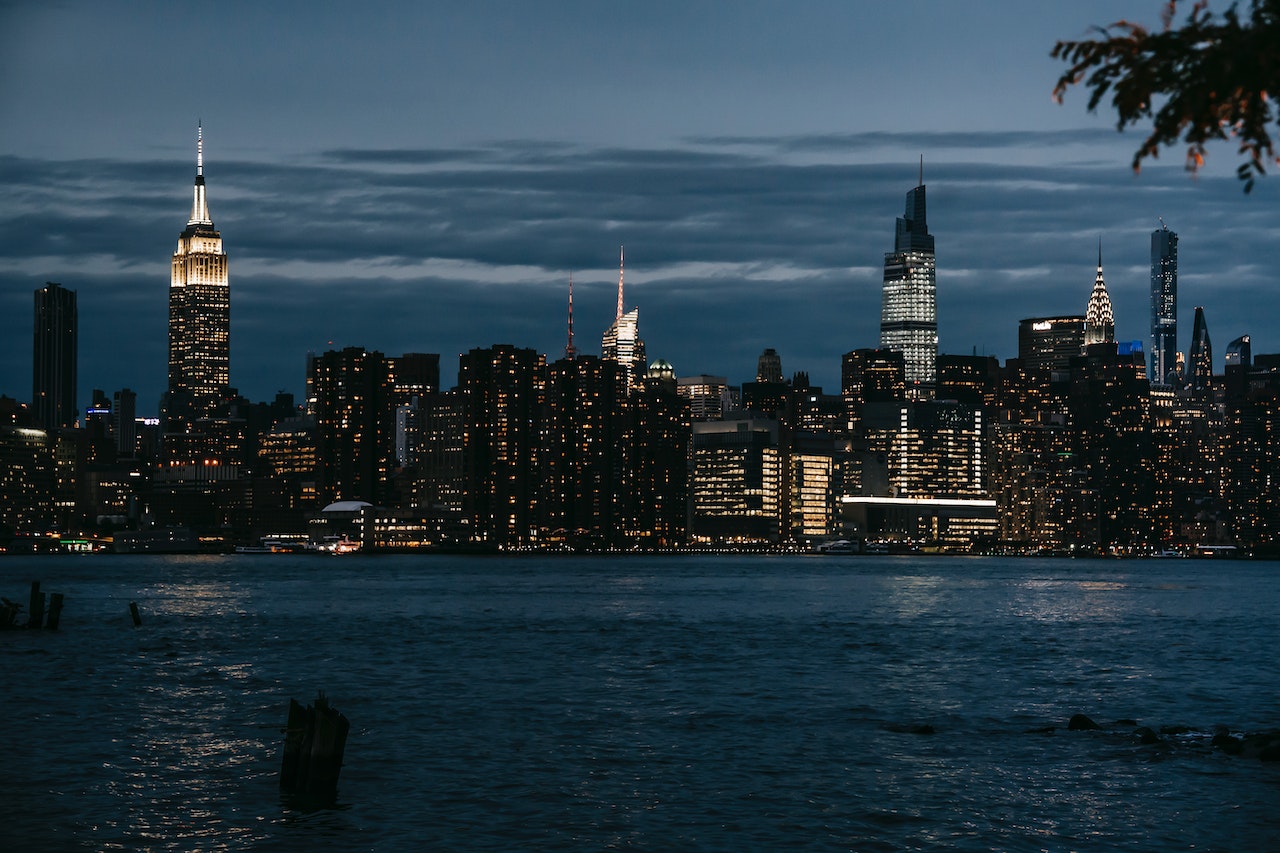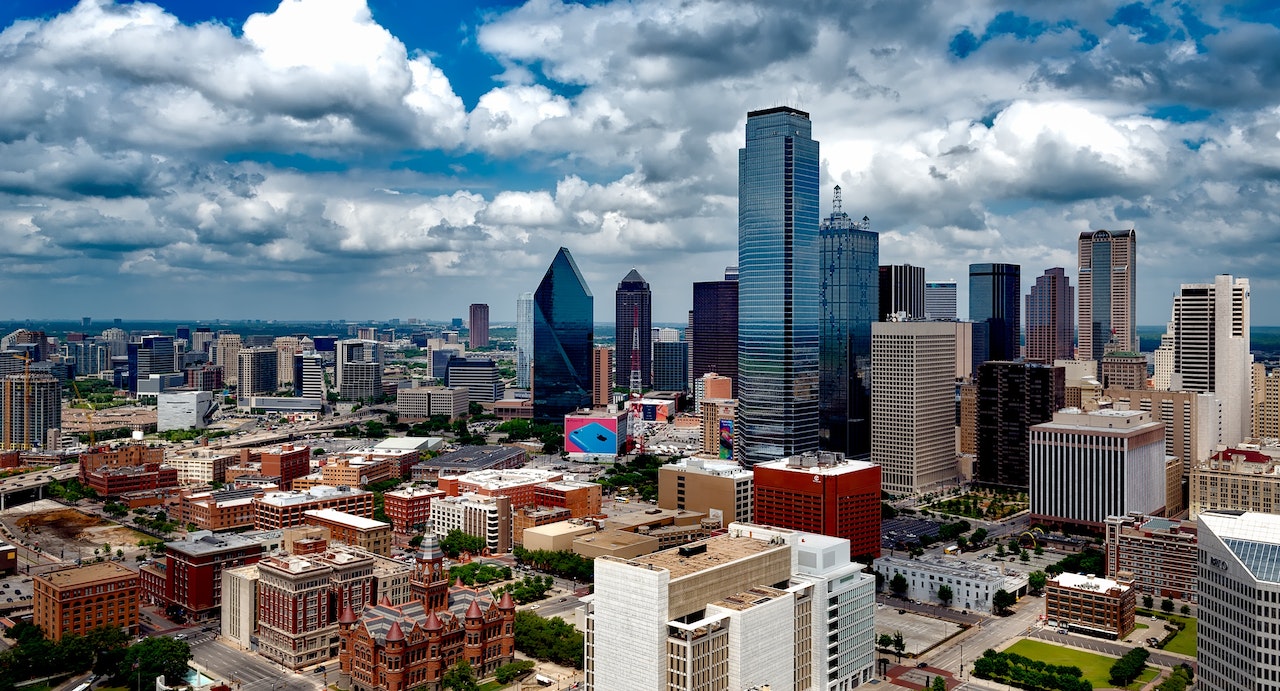Hosting on Airbnb can be an exciting and profitable venture, but it’s essential to know the rules that govern short-term rentals in your state. Airbnb’s relationship with local regulators has been a complex and evolving issue, with each state enacting its regulations that property managers and hosts must navigate.
Let’s dive into a state-by-state breakdown or Airbnb regulations to help you understand what’s required in your location.
Disclaimer: The information in this post is intended to provide a general overview of Airbnb and short-term rental regulations in the United States. Laws and regulations can change, and they may vary significantly between jurisdictions. Always consult with a legal professional or local authorities to ensure that you are in compliance with all relevant laws in your area.
Understanding state regulations can influence the decision between direct booking and third-party sites.
West Coast: A Progressive Approach

California
In California, cities like San Francisco and Los Angeles have specific regulations concerning short-term rentals. Hosts must register with the city, pay transient occupancy taxes, and adhere to zoning laws.
Regulations in California vary by city. For example, Los Angeles has implemented regulations that require hosts to register with the city and limit the ability to host short-term rentals only to their primary residence. This regulation also includes a cap on the number of days a property can be rented out per year. Cities like Irvine and Temecula have even more restrictive regulations, with some outright banning short-term rentals
Oregon
Oregon leaves short-term rental regulations to local governments. In Portland, hosts must acquire a permit and follow rules regarding safety and neighborhood livability.
Washington
In Seattle, hosts must obtain a business license and comply with local tax laws. Rules may vary by city, so always consult local authorities.
A state-by-state breakdown of Airbnb regulations aids in understanding VRBO’s insurance policies.
The South: A Region of Contrast
Florida
Florida law prevents local governments from banning short-term rentals outright but allows them to impose regulations on noise, parking, and other issues. Miami and Orlando have stringent rules, so be aware of local ordinances.
Texas
Texas allows municipalities to regulate short-term rentals, but not to the extent of completely prohibiting them. Rules can differ widely from city to city, so hosts must stay informed.
Dallas Airbnb regulations:
Dallas’ short-term rental regulations have undergone a number of changes recently. The City Council has put restrictions on where these rentals can function, specifically prohibiting them in single-family neighborhoods and allowing only one rental in a single unit (as well as requiring off-street parking).

An exception was made for multi-family zones, where they can continue to operate. In addition, hosts must register their properties with the city, pay corresponding fees and taxes, follow occupancy and noise limits, and designate someone who can respond to an emergency within one hour. These measures reflect Dallas’s growing awareness of the need to balance the benefits and challenges of short-term rentals within the community.
A state-by-state breakdown of regulations may include how to navigate negative Airbnb reviews legally.
The Midwest: A Mixed Bag
Illinois
Chicago has established a series of regulations that include registration, licensing, and taxation. The rest of the state follows suit, but the specifics can vary widely.
Ohio
Cincinnati and Cleveland have imposed regulations, but the rest of the state remains largely unregulated. It’s best to consult with local authorities to understand your obligations.
The East Coast: Balancing Tourism and Local Needs
New York
New York has some of the strictest short-term rental laws in the country. Check out this detailed post about the new Law 18 for Airbnb or short term rental hosts.
lorida law allows local governments to impose regulations on short-term rentals but prevents them from outright banning them. Specific regulations can vary between cities, such as in Kissimmee and Miami, where there are particular zoning requirements and occupancy restrictions
Massachusetts
Boston and other cities have enacted regulations requiring registration, safety inspections, and the payment of occupancy taxes. Check local laws for specific details.
Atlanta Airbnb regulations:
On March 15, 2021, Atlanta passed a short-term rental ordinance that clearly defines short-term rentals. A legal framework has been established through this ordinance that allows property owners to apply for a short-term rental license for their primary residence and an additional dwelling unit with no additional fees, permits, or zoning requirements. This practice, referred to as “home-sharing,” became an official part of Atlanta’s rental ecosystem on March 1, 2022. Property managers or hosts must obtain a license online through the city’s permitting portal and display their short-term rental license (STRL) prominently. There’s no deadline for applications, and the city is committed to providing outreach and educational materials to ensure awareness and understanding of the ordinance. These new regulations reflect Atlanta’s effort to bring clarity and legal structure to the rapidly growing short-term rental market within the city’s boundaries.
An overview of essential rules and regulations
Navigating the world of Airbnb hosting means understanding a range of legal requirements. Below are some of the key areas that property managers and hosts should pay attention to:
Necessary permits & licenses
Depending on your location, you may need to apply for a business license to operate a short-term rental. This ensures that your rental activity complies with local business regulations. Some municipalities require special permits for short-term rentals. This could be related to parking, noise control, or other local concerns. Be sure to understand what permits you may need.
Housing and Building Standards
Short-term rentals must meet specific building codes and housing standards to ensure guest safety. This can include compliance with fire safety, accessibility, and general property maintenance rules.
Zoning Rules
Zoning laws can dictate where short-term rentals can operate. It’s vital to know the zoning laws in your area to prevent any legal issues.
Landlord-Tenant Laws
Though your relationship with short-term guests is different from that with long-term tenants, understanding landlord-tenant laws in your jurisdiction can still be vital. These laws may impact things like guest rights and eviction processes.
Taxes and Fees
Be aware of local transient occupancy taxes and other fees associated with hosting. Properly collecting and remitting these taxes is a crucial part of legal compliance.
The above areas are merely a starting point; local regulations can be complex and vary widely. Consult with a legal professional or local authorities to ensure you are in full compliance with all rules and regulations applicable to your specific location. Knowledge and adherence to these laws will not only protect you legally but also contribute to a positive experience for your guests.
Conclusion
The landscape of Airbnb and short-term rental regulations is vast and continually changing. The one common thread is the need for hosts to be vigilant and proactive in understanding and complying with local laws.
Whether you’re new to hosting or a seasoned pro, understanding the legal terrain in your area is key to a successful and stress-free experience. Reach out to local authorities or consult with a legal expert if you have any questions or need assistance. And remember, being an informed host is being a successful host.





